|
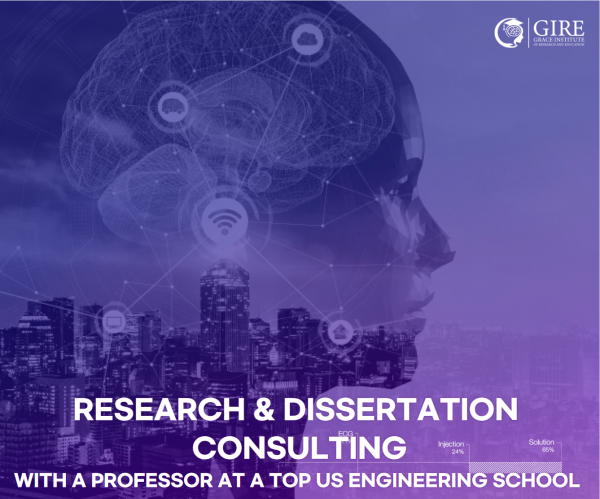
'Internet of Things' is a term coined
by Kevin Ashton, founder of MIT's Auto-ID Center. Ashton discovered a way to
connect objects to the Internet through RFID tags and coined the term IoT,
which has been used ever since.
Today, wireless voice transmission,
Wi-Fi technology, and SCADA (Supervisory Control and Data Acquisition) are all
technologies in the IoT field. Today we live in a world where there are more
IoT-connected devices than people. IoT-connected devices range from wearable
devices like smartwatches to RFID inventory tracking chips. IoT is a technology
that is creating revolutionary change in all areas of society, from health and
safety to business operations, industrial performance, and global environmental
and human rights issues.
[Why are the Internet of Things and
edge computing fields important?]
Suppose you are a student with a dream of working at a global IT company such as Amazon, Google, Microsoft, or Meta. In that case, you
will be very interested in enrolling in ‘The American Institute of Technology.’
Admission to prestigious engineering schools in the United States, which
nurture key talent for global companies, is becoming more difficult by the day.
To be admitted to a
prestigious American engineering school, it is now necessary to go beyond
simply obtaining high course grades, and have special experiences, special
capabilities, and especially special non-curricular experiences related to your
major.
Recently, with the rapid development
of technology, experience in the field of artificial intelligence (AI), which
was created mainly in computer engineering and mechanical engineering, is
highly valued in various fields such as medicine and social science, as well as
engineering schools in the United States.
Now that we live in an era of digital
transformation, learning about ‘artificial intelligence’ and ‘The Internet of
Things’ is no longer optional but a necessary condition for admission to
engineering school.
It can be said that it is especially
helpful if it is an experience that is closely related to our daily lives,
which will change in the future. Typically, students can gain relevant
experience through internships or research experiences in labs.
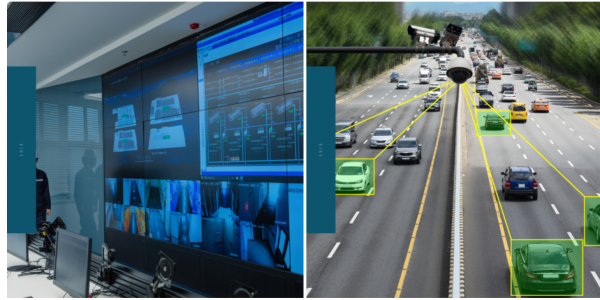
GIRE's IoT program is a research
program that allows students to directly experience the Internet of Things and
Edge Computing, along with artificial intelligence technology.
As digital transformation accelerates
globally, the Internet of Things and Edge Computing technologies, which are
considered the most important along with artificial intelligence technology,
are technologies that will dramatically change our daily lives and core
technologies that will lead the 4th industrial revolution.
When talking about the 4th Industrial
Revolution, it is often said that it is an industrial revolution that establishes
an interactive communication system between production equipment and products
through the Internet of Things and optimizes the entire production process.
As mentioned earlier, the Internet
of Things is a term coined by digital innovation expert Kevin Ashton and is a
technology that connects multiple objects to the Internet to exchange data and
make decisions in real-time. Even objects that were not previously connected to
the Internet, such as coffee pots, refrigerators, hair dryers, homes, and city
infrastructure, are rapidly being connected to the Internet.
Global company Amazon also developed
the ‘AWS IoT’ solution and launched a service that can connect and manage
billions of devices. AWS IoT connects all devices in our daily lives, including
industrial, consumer, commercial, and transportation, with IoT technology to
collect, store, and analyze data comprehensively.
The rapidly developing field of IoT
has been called the next revolution in computing. In addition to Amazon,
telecommunication and home appliance companies such as KT, SKT, Samsung, and LG
in Korea are also quickly applying IoT technology.
In addition, the scope of
application is expanding not only to communications-related fields, but also to
healthcare, finance, education, national defense, agriculture and forestry,
energy, sports, and manufacturing.
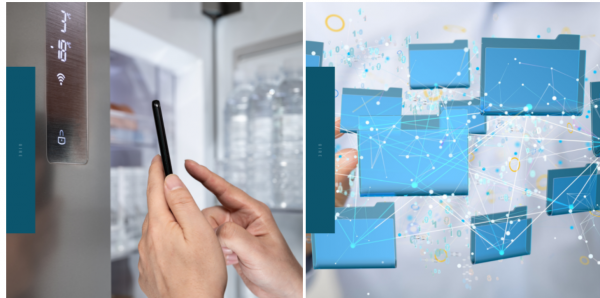
[What learning and research experience
do I need to become an expert in the Internet of Things and edge computing?]
According to the 2022 research trends
analyzed by GIRE, research on incorporating artificial intelligence into the
Internet of Things is being conducted very actively.
At Illinois University, research is
being conducted on improving the reliability of IoT networks and information
security;
At MIT, research is on systems that save energy and supplement data
for deep learning in IoT;
At UC Berkeley and Michigan University, research on
privacy protection while using the Internet of Things is being done.
In addition, almost all universities
are conducting research related to the Internet of Things in two major streams:
1) Internet of Things networks
2) information protection.
To design the Internet of Things, an
understanding of edge computing must be the foundation. Edge computing refers
to computing at or near the physical location of users or data sources.
In other words, in the Internet of
Things, when an object is connected and an operation is performed, various
tasks are performed directly on the specific object, and control is performed
at the center, hence the name ‘edge’.
Implementing the Internet of Things
means creating a huge network, so not only must research be done on the network
structure, but also the connection and communication methods between things
must be studied in depth.
Because various security problems
exist as we deal with big data from huge network services, research is needed
on dealing with these security threats.
As a result, major research focuses
on how to build and design a more efficient and optimal Internet of Things
network in terms of information protection.
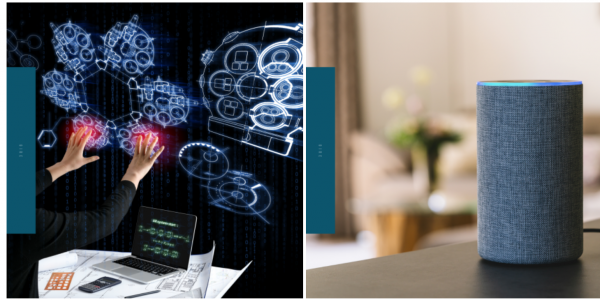
[Specifically, how does the GIRE
Internet of Things & Edge Computing program work?]
GIRE's Computer Science research
program [Internet of Things and Edge Computing] covers the process of actually
designing your Internet of Things, starting with the definition and basic
architecture of the Internet of Things.
Based on an understanding of the
external routing protocol, which is the core of IoT technology, you will
understand the connection between things and acquire general knowledge about
device structure, security principles, and Internet of Things protocols for IoT
technology.
In addition, we learn how numerous
communication equipment and networks between remote systems and terminals are
interconnected. You can also conduct ‘research to design a unique Internet of
Things’ by learning about intelligent Internet of Things technology that
combines the Internet of Things and artificial intelligence.
Through this program, students
select interesting topics that are becoming issues in our society or
can be found in everyday life. We use big data to learn artificial intelligence
to analyze phenomena or predict the future to produce meaningful and consistent
research results.
In this way, students will write a
paper on the academic meaning inferred using big data and artificial
intelligence. The final research results obtained through the program can be
further supplemented and developed in the future and submitted to various
competitions.
GIRE's Computer Science research
program [IoT] goes beyond the topic of Internet of Things design. It deals with
personal information leakage issues that arise in the process of handling cloud
services and big data and intelligent Internet of Things technology combined
with artificial intelligence technology.
The experience of directly designing
and analyzing the Internet of Things, the keyword of the 4th Industrial
Revolution, will be a very valuable asset for future entrance exams and
employment.
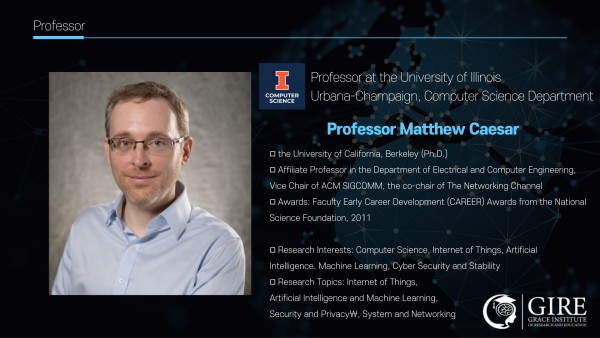
[Which students do you recommend it
to?]
<Core research topics> Design, build, and secure your
Internet of Things
<Recommended for the students
below> • Students wishing to major
in Computer Science • Students wishing to major
in Engineering • Students who want to work
at an IT company after graduation
Under direct guidance from professors
working at the world's best universities, students conduct thesis-level
research on their research topic. The professor directly participates as an
academic advisor on the student's thesis, and a reference letter and
certificate are issued to students who achieve research results that exceed the
goals set by the professor in advance. Grace Global Research Consulting
(GIRE) offers a Research & Education Fellowship program where you can
receive direct consulting from professors at prestigious U.S. universities,
including the Ivy League. The GIRE Fellowship program is
conducted three times each year: summer, fall, and spring semesters. The GIRE
program runs for approximately 10 weeks from orientation to research
presentation, and please note that some things may differ depending on the program. For more detailed information, please
contact us using the contact information below and we will contact you as soon
as possible.
Thank you

|
 Click here to book
Click here to book